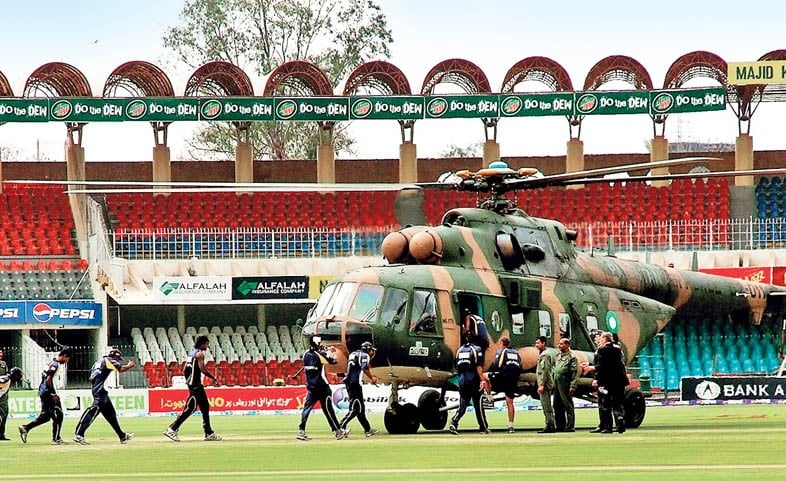

Identification and existence of Ansar-ul-Sharia Pakistan (ASP) and the involvement of highly educated radicalised youth in terrorist activities have raised the question of how to overcome extremism once and for all.
Thomas Lickona in his book ‘Character Matters’ said children in the entire world are 25 percent of the population but 100 percent of the future. If we wish to renew society, we must raise up a generation of children who have strong moral character.
Besides good formal education ‘Character Education’ is now a growing educational initiative and cornerstone of all elite education systems. It supports students’ social, emotional and ethical development from early childhood. Social scientists and psychologists say that character education and emotional intelligence go hand in hand. We must teach students to be aware of their emotions and to respond to different situations in constructive ways.
They also agree that there is no better and neutral milieu for nurturing emotional skills and developing positive character traits in students than physical education and sport. The skill of linking the physical components of athletics to emotional development of child is, however, something that requires specialised training, attention and focus in our part of the world.
If we critically analyse all the unfortunate incidents like Safoora killings in which educated youngsters were involved, we will see that these young minds lacked optimism, flexibility, impulse control and ability to defuse conflict.
Unfortunately, our education system defeats dialogue, growth mindset, research and team work. It promotes bullying, rote-learning, and achieving high grades at all costs.
Just imagine the impact of a non-Olympic sport. Cricket, when organised in private sector and managed and marketed properly, influences the society in a big way. Why can’t other sports impact the society in its social and economic realms and help in curbing extremism?
To build character, we need to have an integrated approach, in which sport and physical literacy play a pivotal role.
Jamil Yousaf and Professor Rasool Bux Raees in a recently televised programme said that constructive activities like organising different societies in educational institutions and other extra and co-curricular activities including organised sports must be emphasised.
It is very unfortunate that education and health sector have been given the least attention. The result of this is the growth of frustrated and bullying minds and sick bodies.
The state of sports except cricket which is a non-Olympic sport is deplorable in Pakistan. Not only religious madressahs, but our government educational institutions also are producing students with a fixed mindset. They do not produce individuals who have the ability to co-exist peacefully with those whose views differ from theirs.
As opposed to the universities worldwide, which are the epitome of research work and incubators of future world champions and excellent team players in corporate world, our universities are just a continuity of college life that offers little space for research, dialogue and organised sports activity.
It is very unfortunate that our policy makers have paid little attention to revamping our educational syllabus and integrating sports as a co-curricular activity with an aim of developing life skills and growth mindset among the students, so that we can build communities of learners, who feel connected and safe, both physically and emotionally.
Pakistan has a great potential to rise as a global sports power. But this is not possible without realising various aspects of sport and physical education that include sport literacy, sport as part of early child development, sport education with a focus on character building, and ultimately promoting sport as a human intensive industry, with all its components that result not only in winning Olympic golds but also in the development of a tolerant society.
Just imagine the impact of a non-Olympic sport. Cricket, when organised in private sector and managed and marketed properly, influences the society in a big way. Why can’t other sports impact the society in its social and economic realms and help in curbing extremism?